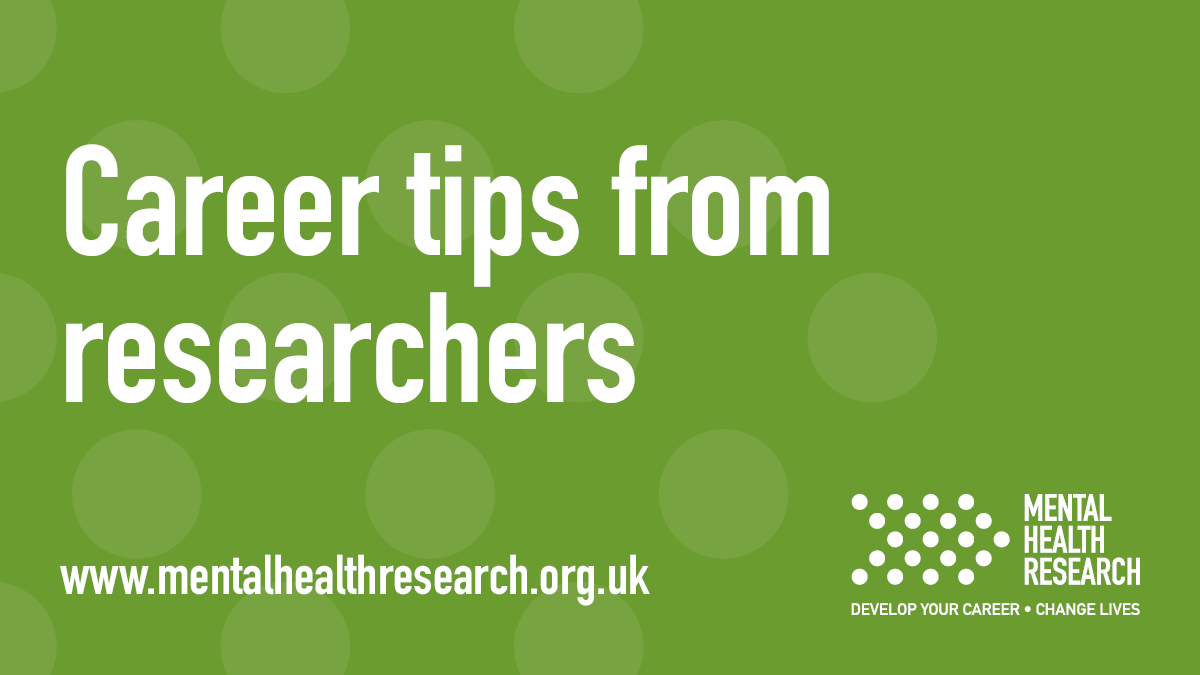
Two early career mental health researchers, Domna Salonen and Dr Emma Černis, offer their perspectives on how to set up the mentoring relationships that support and challenge you to pursue what’s fulfilling in your career.
There is no prescriptive answer to ‘How to find a mentor?’. The key ingredients in finding mentors for us have been being brave enough to ask the apparently ‘obvious’ questions, getting stuck into interesting conversations, and happening to be in the right place at the right time. Instead of elaborating what our career-changing conversations have been and how they started, we encourage anyone interested in research to tell others about their developing interests. When someone suggests you contact a person who might be able to help, contact them. When someone asks you where you see your career going, answer honestly – especially when the answer begins with ‘I don’t know but I have been thinking…’
Mentoring is ultimately about building relationships with lasting positive impact. It can happen within more formal supervision but often it is not contractual.
In contrast to a formal supervision, there might be a feeling of a kind of ‘X factor’ or ‘spark’ that this person can really speak to your current situation in a way that helps you see it from a reinvigorating new perspective.
How does it happen? You meet people. You utter a few confused words about what you wish to do with your career. They listen, and they hear what you are trying to say. They respond and you have that experience of something clicking in its place – yes, this is me and that is what I want and need to do. Time goes by and you keep the communication flowing. Your mentors are there – they show up via e-mails and ask how things are going with you, they respond when you contact them because you need guidance.
Good mentors are highly likely to be good people: people whose values, words, and actions are aligned. Whatever their personal strengths and professional skills – be it heaps of compassionate re-framing, or being incisive strategic thinkers – what they have in common is an understanding that it is a win-win scenario to support an early career researcher to transform their potential into established skills, good quality work and, ultimately, meaningful impact. Their priority is helping you to navigate your career in a way that fulfils what matters to you.
When you meet new people and develop professional relationships, ask yourself “Am I in good company?”. Can you recognise people around you who will support you through success and failure? Do you find these same people inspiring? Do you feel able to have honest and vulnerable conversations with them?
Do you get a sense that they will say things that are difficult to say when they need to? That they prioritise your development over their own interests? Do you notice feeling respect towards these people, and simultaneously the ease to have a conversation with them about you and your biggest career hopes and fears?
These kinds of things tell us we are in good mentoring relationships.
By Domna Salonen and Dr Emma Černis.
More advice on mentoring in mental health research: https://mentalhealthresearch.org.uk/find-a-mentor/
